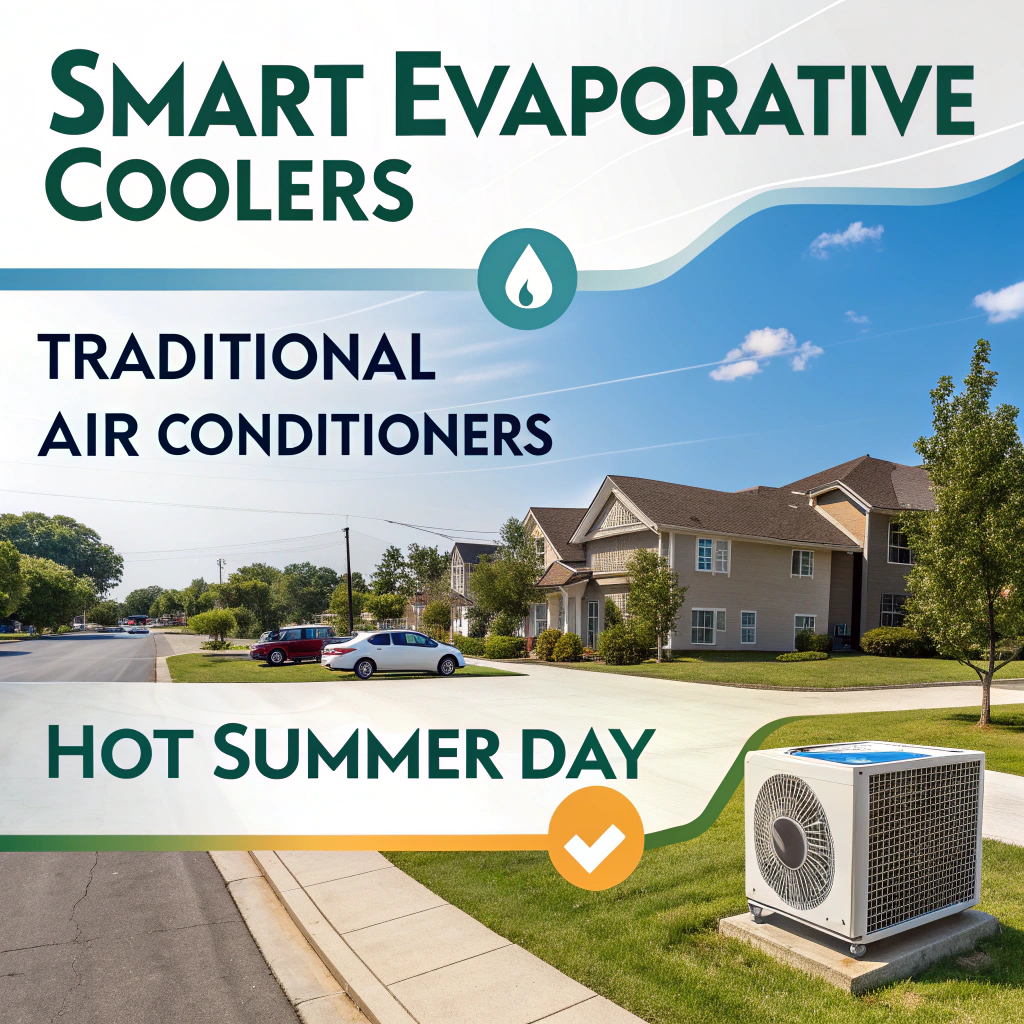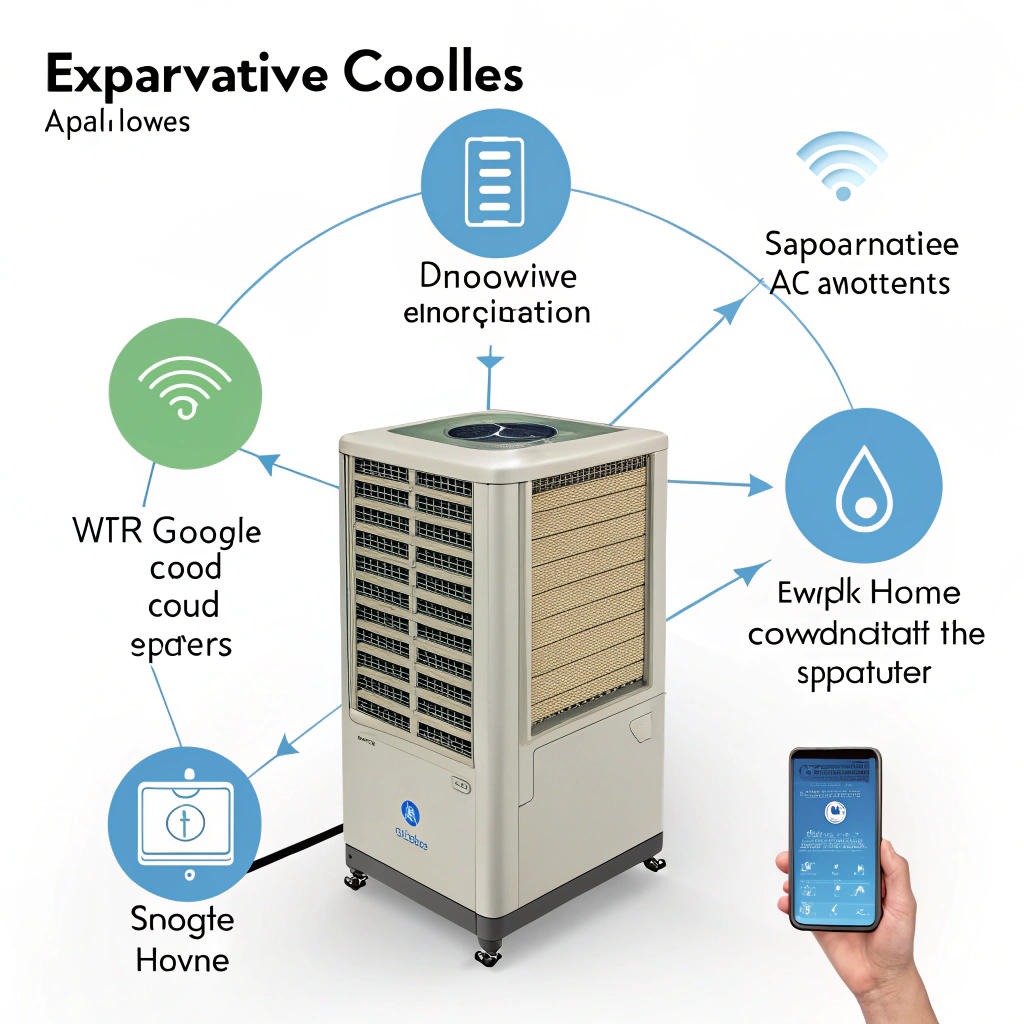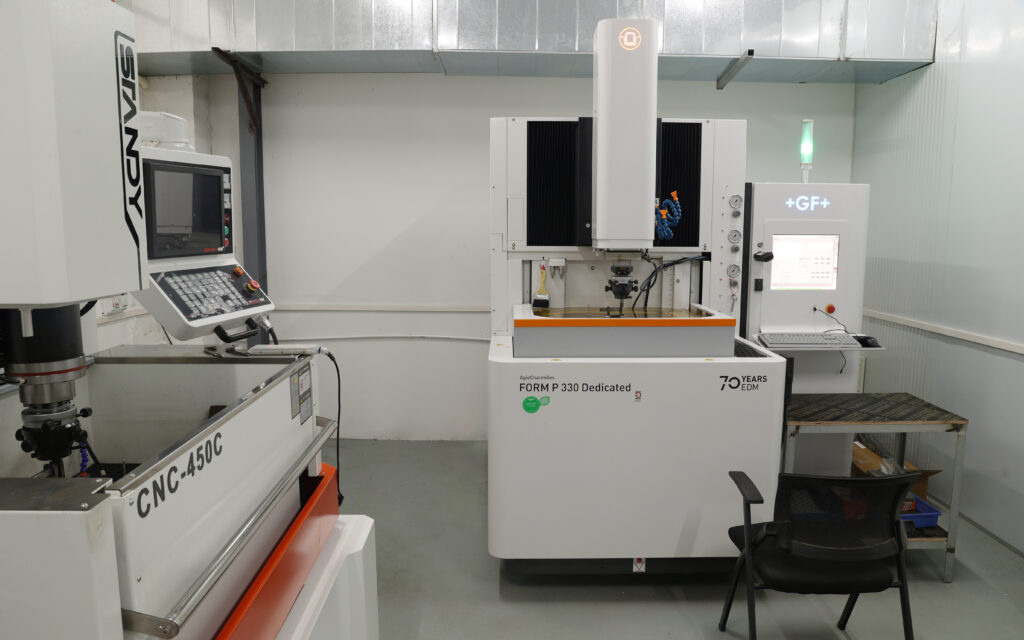Smart Evaporative Coolers: Are They Worth It in 2025?
As summer temperatures continue to rise, homeowners are seeking energy-efficient cooling solutions. Smart evaporative coolers have emerged as a potential alternative to traditional air conditioners, but are they truly worth the investment in 2025?

What Are Smart Evaporative Coolers?
Unlike conventional AC units that rely on refrigerants, evaporative coolers (also called "swamp coolers") use water evaporation to cool air. Smart versions integrate WiFi, automation, and energy monitoring, allowing remote control via smartphones and compatibility with smart home systems like Google Home and Alexa.

Pros & Cons in 2025
✅ Eco-Friendly & Efficient
With stricter environmental regulations, evaporative coolers stand out—they use up to 75% less energy than ACs and emit no harmful refrigerants.
✅ Cost-Effective
Lower upfront costs (typically 50% cheaper than central AC) and minimal maintenance make them budget-friendly in the long run.
❌ Climate Limitations
They perform best in dry climates (e.g., Southwest U.S.). High humidity drastically reduces efficiency—limiting usability in coastal or tropical regions.
❌ Water Usage Concerns
In drought-prone areas (like California), their water consumption (3–10 gallons per hour) may raise sustainability questions.
The Verdict
For dry climates and eco-conscious buyers, smart evaporative coolers are a compelling choice in 2025, especially with improved IoT features. However, those in humid regions or with strict water restrictions may still prefer heat pumps or inverter ACs.
Would you consider one? Share your thoughts below! ⬇️ #SmartCooling #EnergyEfficiency



